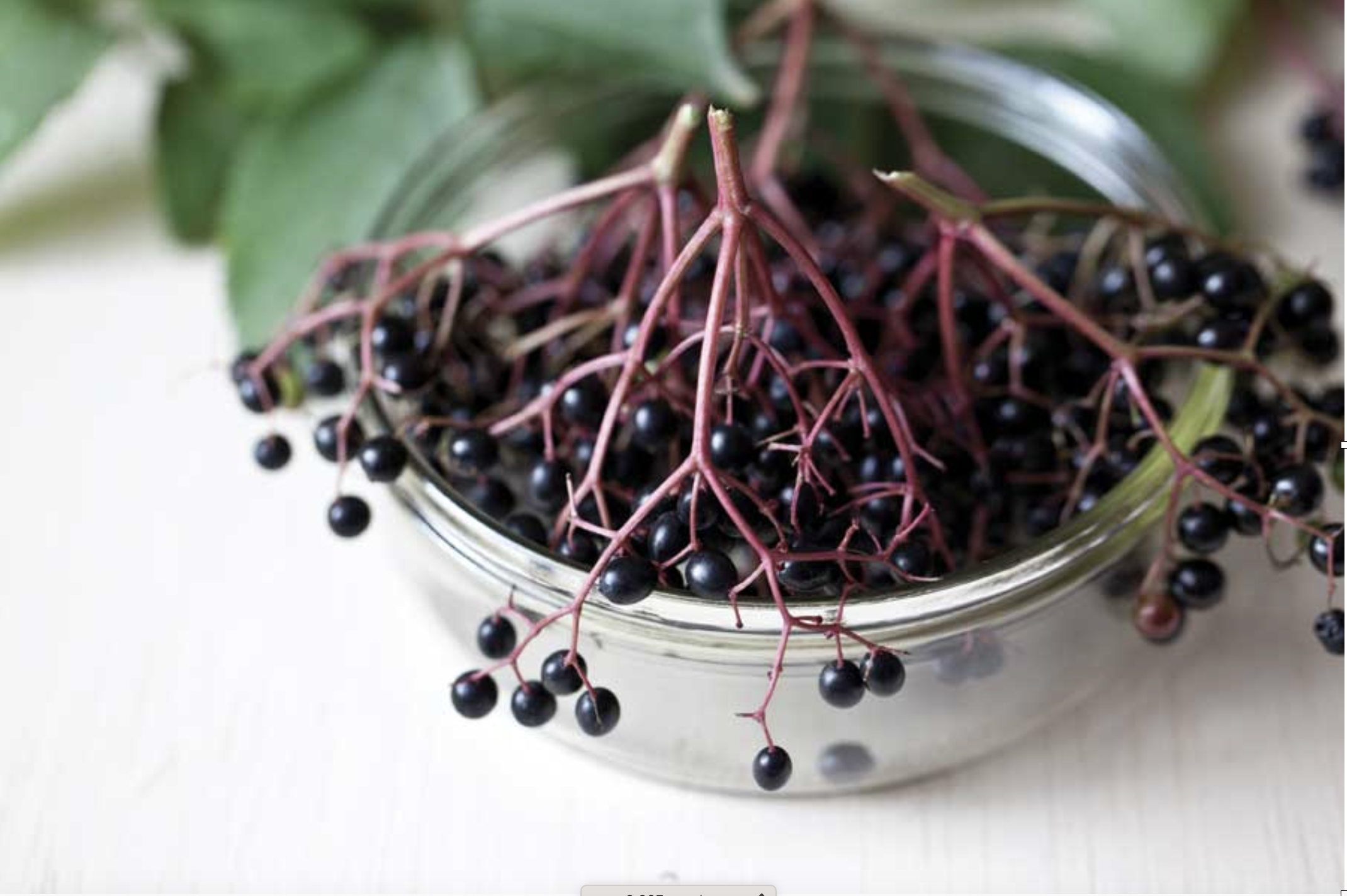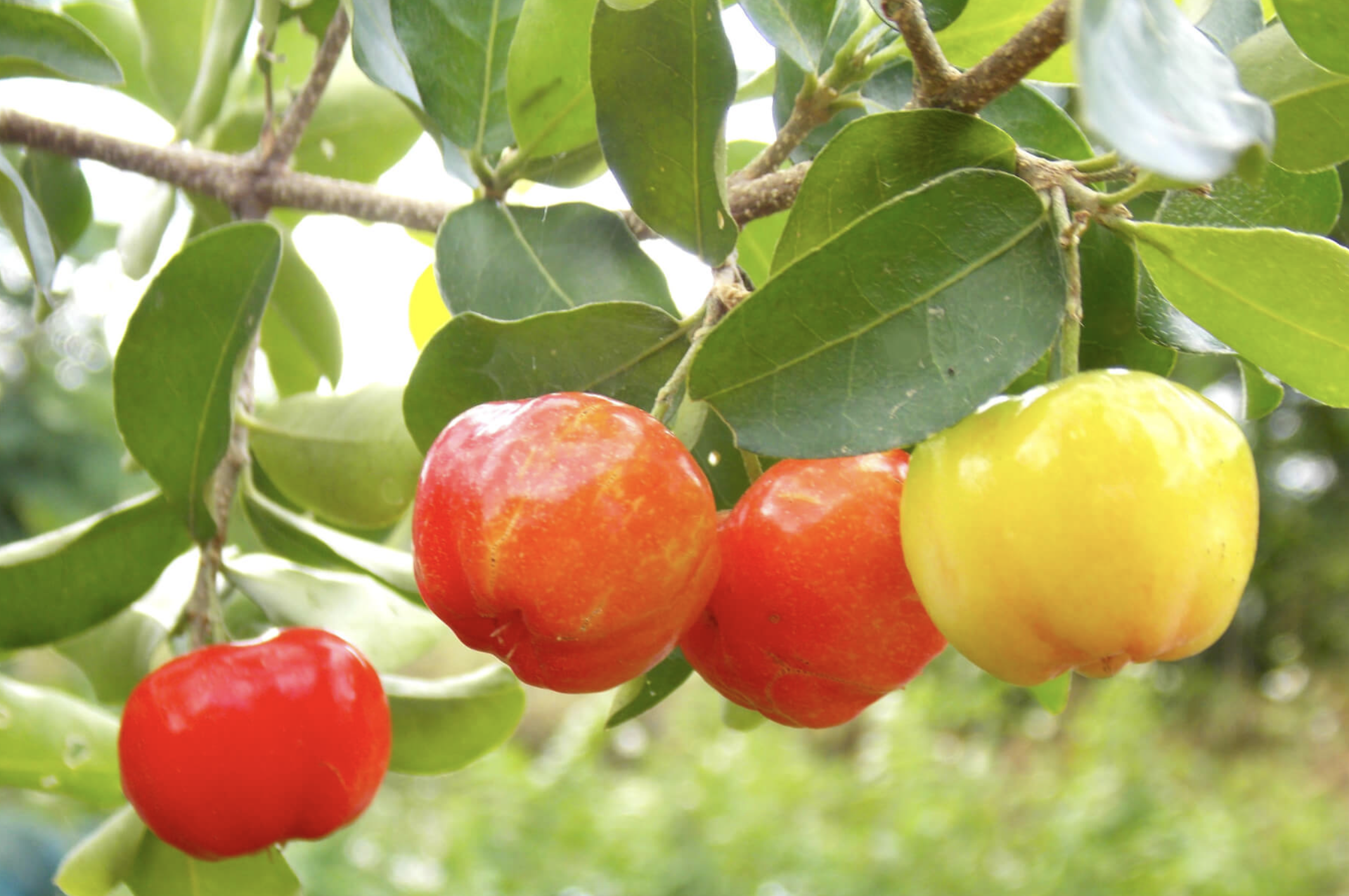People take supplements to improve or optimize their health. So what happens when you look at the label, and the ingredient list is filled with unrecognizable additives?
Immune health is a hot topic, but what exactly does it mean to have a healthy immune system? It doesn't mean that we never feel a bit under the weather because that's just a part of life. Instead, immune health means our body keeps us well most of the time and helps us bounce back quickly if we feel less than our best.
Many things can deplete our immune systems, including stress, poor diet, or lack of sleep. So to counter these daily immune system stressors, people often turn to natural ways to optimize immune health. One way to accomplish this is by using botanicals, or plant-based supplements.
Botanicals and herbs have been used for centuries in traditional medicine to promote vitality and well-being, passed down by knowledgeable healers from generation to generation. For a long time, Western medicine largely dismissed these treatments, but in recent years, there has been a renewed interest in the science of botanicals as a way to support health
Some botanical supplements work by directly supporting the cells of the immune system while others help by helping the body better regulate stress or improving sleep quality, which also indirectly benefits immunity. Today, there is a growing body of scientific evidence to support the use of certain botanicals for immune health. They are powerful allies that can be part of a daily wellness routine. Here are 5 botanical supplements that could help support your immune health.

Black elderberry is more popular than ever, but it‘s been used medicinally for centuries.1 The berries and flowers of elderberry contain antioxidants, which help protect the body against oxidative damage from free radicals that could otherwise negatively impact your immune cells.2 Some research suggests it may help when you’re feeling a little under the weather by supporting a healthy immune response. Your immune system uses a complex array of signaling molecules to control how your body responds to potential pathogens, and elderberry may help to regulate these signals.3 A meta-analysis featuring 180 participants looked at the effect of elderberry syrup on upper respiratory health and found that it shortened how long people felt under the weather, so it could be something to use when you start to notice you don’t feel well.4
2. Panax ginseng (Ginseng or Korean ginseng)
The powdered roots of Panax ginseng have been used historically in Traditional Chinese Medicine for many aspects of health. 5 The word Panax is derived from Greek, meaning all–healing. 6
- T cells, which are vital players in our adaptive immune system.
- B cells, which are essential for producing antibodies.
- Dendritic cells, which are key players in alerting the immune system to potential threats.
A lot of the research on ginseng points to its ability to support the equilibrium of the immune system, so it’s primed and ready to keep you well. The benefit of ginseng may be related to compounds found in the plant like saponins, ginsenosides, and other phenolic compounds that support immune health in your body.9

Although it shares ginseng in the common name, Eleutherococcus (or eleuthero) is different and affects your health in different ways. Traditionally it’s used to support energy, Siberian ginseng is an adaptogen, meaning it helps the body better deal with stress.10
5. Malpighia glabra (Acerola)
Acerola, also known as Barbados cherry or West Indian cherry, is a small, red fruit found in the tropics. It‘s often used as a food or beverage ingredient because it’s known to be one of the best natural sources of ascorbic acid (vitamin C). 100 grams of Acerola contains about 1,600 mg of vitamin C – that’s 50 to 100 times the amount found in the same serving size of oranges or lemons.19 Most people are familiar with vitamin C to support the immune system, and it does this by supporting the activity of several important immune cells.20 Vitamin C is essential for the function of neutrophils, macrophages, and Natural Killer cells – all of which are important for a healthy immune system. 19
Vitamin C is helpful for both the adaptive and innate immune systems.21 The adaptive immune system is the part of the immune system that “remembers” threats and helps to protect you from them in the future. The innate immune system is the first line of defense against potential threats. Supplements usually contain the synthetic form of vitamin C, but Acerola provides a natural form of vitamin C.22

These five all have different mechanisms by which they support immune health. Some, like Siberian ginseng and Reishi, help to modulate the immune response, while others, like Acerola, provide essential nutrients that are necessary for healthy cells. While a holistic approach is necessary to keep your immune system healthy, all these plants could be a beneficial way to stay healthy and feel well.
+The views expressed in this article are those of the authors. They do not reflect the opinions or views of Pure Encapsulations®.
Available upon request.
Share:
Related Posts

Benefits of Creatine in Perimenopause and Menopause
Written by Maura MacDonald, MS, RD, CSSD | 2025 As we age, the notion is that we will inevitably become weaker. Not as mobile as

Goodbye Pie Chart, Hello Phase 1 Sliders
Written by Allison Smith, ND | 2025 As we usher in a new era of DUTCH testing which leaves behind the concept of the three-way

Introducing the DUTCH Dozen
Written by Kelly Ruef, ND | 2025 Hormone testing can be complex, which is why Precision Analytical developed the DUTCH Dozen, an interpretive framework that

DUTCH Report Enhancements
Written by Hilary Miller, ND | 2025 Precision Analytical have released the newest version of the DUTCH Test. This is the report’s most significant update

Gallbladder Health 101: What It Does and How to Keep It Working Well
Written by Ashley Palmer & Pooja Mahtani | 2025 The gallbladder may not get much attention compared to the gut, but it plays a central

